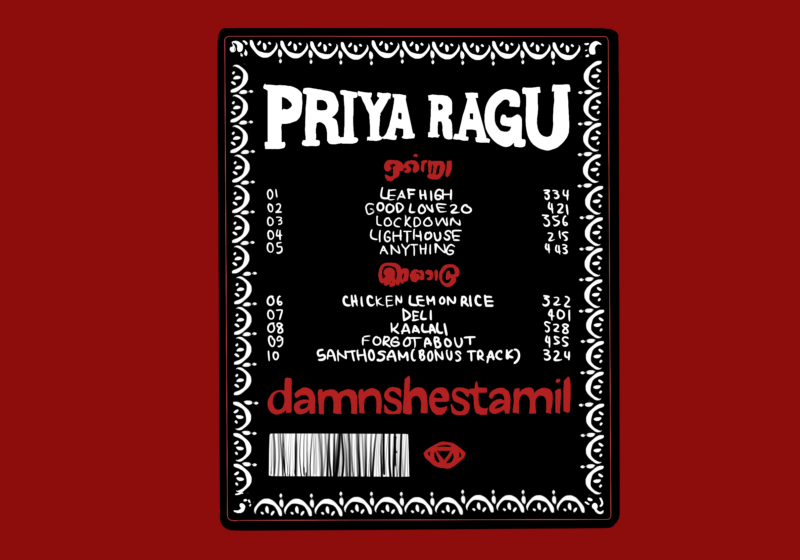All the polls preceding the 2004 election showed the two presidential candidates as close – and the election was close. All the polls and pundits predicted record turnouts – and people across the country showed up in droves. Common wisdom, the media and polling all said the war in Iraq, the war on terrorism and the economy were the most important issues placed before the electorate. They were dead wrong. The two major news stories following this election – Republicans’ clean sweep and the substantial uptake in evangelical turnout – came as a grave shock to the bluest regions of the country, but should have come as little shock to two other former presidential candidates – Ralph Nader and Pat Buchanan.
Back in 1992, when President George Bush was running for re-election, the electric and shocking second-place finisher in the primary, Buchanan, gave a controversial and, as the media portrayed it at the time, infamous keynote convention speech. Here’s a key passage from the transcript:
“Yes, we disagreed with President Bush, but we stand with him for freedom to choose religious schools, and we stand with him against the amoral idea that gay and lesbian couples should have the same standing in law as married men and women.
“We stand with President Bush for right-to-life, and for voluntary prayer in the public schools … we stand with President Bush in favor of the right of small towns and communities to control the raw sewage of pornography that pollutes our popular culture. We stand with President Bush in favor of federal judges who interpret the law as written, and against Supreme Court justices who think they have a mandate to rewrite our Constitution.
“My friends, this election is about much more than who gets what. It is about who we are. It is about what we believe. It is about what we stand for as Americans. There is a religious war going on in our country for the soul of America. It is a cultural war, as critical to the kind of nation we will one day be as was the Cold War itself. And in that struggle for the soul of America, Clinton and Gore are on the other side, and George Bush is on our side. And so, we have to come home, and stand beside him.”
At the time, the speech was categorically panned as harsh, abrasive and bigoted in the mainstream media, and many pundits and other political experts largely credited it with helping get President Clinton into office. Ever since, Republican conventions have been studiously orchestrated to appear as socially moderate as possible – aka the Rock and Arnold Schwarzenegger – scrubbed clean of such divisive, rabid language. Twelve years later, it appears that Buchanan deserves an apology. He was roundly painted as an extremist for delivering a speech that merely foreshadowed the present political reality, for publicly taking positions that now represent an electoral majority. But if America is truly a country that votes its Judeo-Christian values first and its pocketbook second, how is it then that Clinton, philanderer extraordinaire, managed to win two terms in the interceding period between Bushes? Is it just that September 11 made America a more religiously fundamental nation? Are rural voters in Ohio petrified of terrorism, middle-class Missourians clamoring for Bush’s economic policies and Floridians dead set against government health care? Does higher turnout actually help Republicans?
Ralph Nader has answers, and he has been giving them to everyone and anyone willing to listen to him for a moment without blaming him for 2000. An unruffled Nader recently offered his opinion on the election outcome, and again offered advice to Democrats and liberals who had savaged him and his reputation the whole campaign long.
If the Democrats do not stand for the issues that affect the daily lives of these people – 50 million low-wage workers and their families, small farm and rural families – many will vote on whatever issue of the day the Republicans can dream up to distract attention from their cruel corporate interests against the people. This year it was a vague hypocritical morality message and a Constitutional amendment to ban gay marriage. Four years from now it will be something else, but this only works if the Democrats continue to take off the table the mainstay economic, peace and justice issues.
I respectfully disagree with Nader that the issues of abortion, gay marriage and other family values issues are merely distractions. The left and the media in this nation have consistently underestimated the intense importance of these issues to the average American. However, his main gripe is well-known – the two major candidates refuse to make meaningful and substantial differences between themselves on major issues. Again, the pundits and experts all claim this is simply good strategy – play to the center. Yet, there is nothing centrist about these moral issues. The great national debate on these so-called moral values involved Bush stating an unequivocal conservative stance on an issue like gay marriage or guns, and Senator John Kerry trying to either project an image of “me-too” or bringing up the fact that he was once an altar boy – only nobody bought the act from the junior senator from Massachusetts. Kerry goose-hunting for cameras is a ludicrous vote-getting substitute for big vision ideas for reform
No, what Kerry needed to do was something that does not require hindsight to see. Take something that was freely given every day – Nader’s advice.
After Enron, you would think Kerry would make at least a little noise about corporate greed and Bush ties with Kenneth Lay. Well, the reasons why Kerry didn’t champion this cause, or the looming Social Security crisis, or tort reform, or a whole litany of working poor issues are obvious and well-documented.
A multi-millionaire whose lightest, human moment in the debates came from joking about his wife’s immense wealth, who came from the same highly secretive fraternity as Bush and who accepted tens of millions of dollars from corporations was conspicuously unqualified to make any headway on this issue.
So despite the fact Bush is probably the most hated and vilified president since Nixon, Kerry will go down in history as just another Michael Dukakis. In a vacuum of real debate on myriad other issues that voters care about, it is little wonder people voted along the only lines of political distinction they perceive amongst themselves – those of faith and those of personal morality.
What of it then? In the aftermath of the election, the hand-wringing in the left has begun, and the conservatives sigh with relief, elated in the prospect of saving America’s soul for another four years. Only there are a few amongst us who feel like they should have seen this coming all along – Nader and Buchanan, who deserve recognition as the two most politically prescient men of the past decade.
Ellis can be reached at wellis@campustimes.org.



